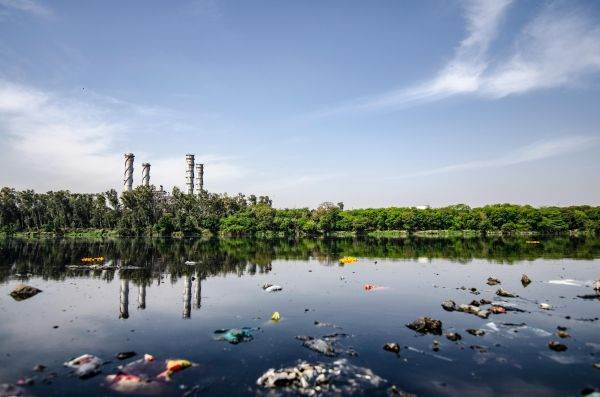Atmospheric carbon dioxide (CO₂) concentrations in 2024 recorded their largest annual increase since modern measurements began in 1957 - an unprecedented alarm signal, according to a report published by the World Meteorological Organization (WMO) and transmitted by AFP. Compared to 2023, the global average level of carbon dioxide has increased "more than at any time in history,” the WMO warns. At the same time, the three major greenhouse gases - carbon dioxide, methane (CH₄) and nitrous oxide (N₂O) - have each reached new historical records, emphasizing the accelerating trend of the climate crisis.
WMO specialists warn that emissions resulting from human activities, together with the increasing number of forest fires, are worsening the accumulation of carbon dioxide in the atmosphere. At the same time, the capacity of terrestrial ecosystems and oceans - the so-called "carbon sinks” - to absorb carbon dioxide is declining, creating a "vicious climate cycle.” "The heat trapped by carbon dioxide and other greenhouse gases is amplifying extreme weather events and heightening economic and social risks,” said Ko Barrett, WMO Assistant Secretary-General.
• 2024, the warmest year on record
According to the report, 2024 was the warmest year on record, surpassing the previous record set in 2023. Rising global temperatures have led to prolonged droughts, severe heat waves, devastating storms and accelerated glacier melt, events that are becoming more frequent and intense. "Rapidly reducing emissions is essential not only for climate stability, but also for economic security and the well-being of people,” Barrett stressed. The publication of the 21st WMO Annual Greenhouse Gas Bulletin comes just weeks before the UN Climate Change Conference (COP30), scheduled for 10-21 November 2025 in Belem, Brazil. The meeting will be a key moment for reviewing and implementing the commitments made in 2015 in the Paris Agreement, when 196 countries pledged to keep the increase in global temperatures well below 2°C above pre-industrial levels, ideally below 1.5°C. But according to the WMO, the current pace of emissions reductions is insufficient to achieve these goals.
• A global warning to policymakers
"We are on a dangerous climate trajectory,” the WMO warns.
Without drastic and coordinated measures to reduce greenhouse gas emissions, humanity risks exceeding irreversible critical points in the climate system, such as the collapse of Arctic and tropical ecosystems or the sharp rise in sea levels. In this context, the UN report is not only a scientific analysis, but also an urgent call for political action.















































